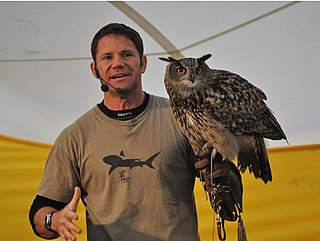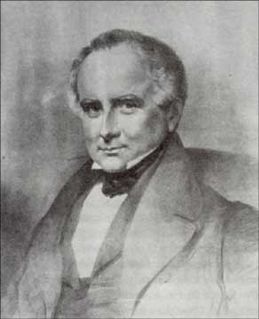A Quote by Penelope Lively
History unravels; circumstances, following their natural inclination, prefer to remain ravelled.
Quote Topics
Related Quotes
Too many younger people seem to prefer following celebrities instead of doing the work required to get an education that will someday lead to a job. If students today spent as much time on math and science and history as they do following these shallow celebrities, they might actually become contributors to society someday.
History isn't like that. History unravels gently, like an old sweater. It has been patched and darned many times, reknitted to suit different people, shoved in a box under the sink of censorship to be cut up for the dusters of propaganda, yet it always - eventually - manages to spring back into its old familar shape. History has a habit of changing the people who think they are changing it. History always has a few tricks up its frayed sleeve. It's been around a long time.
Anybody who was a politician at one stage - when they were at the "I'd like to be a train driver" stage of their lives - must also have thought: "I'd like to make the world a better place if possible." So, I think that's why most politicians go into it. They don't want to take over the world and most go into it for good reasons and then, presumably, are beset by endless things stopping them from following their natural inclination to do the right thing.
People have a hard time accepting free-market economics for the same reason they have a hard time accepting evolution: it is counterintuitive. Life looks intelligently designed, so our natural inclination is to infer that there must be an intelligent designer--a God. Similarly, the economy looks designed, so our natural inclination is to infer that we need a designer--a government. In fact, emergence and complexity theory explains how the principles of self-organization and emergence cause complex systems to arise from simple systems without a top-down designer.


































